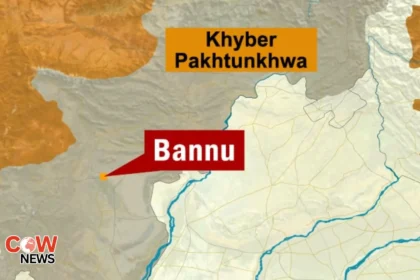Islamabad( The COW News Digital) An audit report has revealed that Pakistan’s farmers have been burdened with an additional Rs7 billion due to irregularities in gas pricing for fertilizer plants. The report highlights that fertilizer producers were supplied local gas at Rs1,050 per MMBTU, a rate not approved by either the Oil and Gas Regulatory Authority (OGRA) or the Economic Coordination Committee (ECC).
According to the findings, the Director General (DG) Gas unilaterally set the higher tariff, bypassing regulatory approval. As a result, the cost of producing urea fertilizer surged, pushing prices for farmers to record levels. The report states that urea prices increased by Rs837 per 50 kg bag, rising from Rs2,440 to as high as Rs3,277.
The fertilizer plants collectively incurred an additional production cost of Rs7.88 billion for ammonia and urea. This burden, however, was directly transferred to farmers, who ended up paying Rs7.21 billion more for around 9.83 million bags of fertilizer.
The audit also revealed that despite ECC’s clear directives issued on 15 March 2023—instructing gas supply to fertilizer plants without subsidy—the DG Gas independently fixed the Rs1,050/MMBTU rate for two fertilizer factories. This unilateral decision not only ignored OGRA’s prescribed rates but also inflated production costs across the sector.
Even more concerning, the ECC was reportedly kept “in the dark.” Eleven months later, approval for the inflated rates was quietly obtained, without informing ECC members that OGRA’s official rates already existed at the time. This move has raised questions about transparency and accountability within the energy and fertilizer sectors.
The sharp rise in fertilizer prices has directly impacted Pakistan’s agricultural sector, which is already struggling with high input costs and inflationary pressures. Farmers, the backbone of the economy, now face higher expenses for basic inputs, threatening crop yields, food security, and overall rural livelihoods.
Audit authorities have recommended a full-scale investigation into the pricing irregularities and urged strict action against those responsible. The findings have reignited debate over regulatory oversight and the need for stronger enforcement mechanisms to prevent manipulation of critical commodity pricing.







